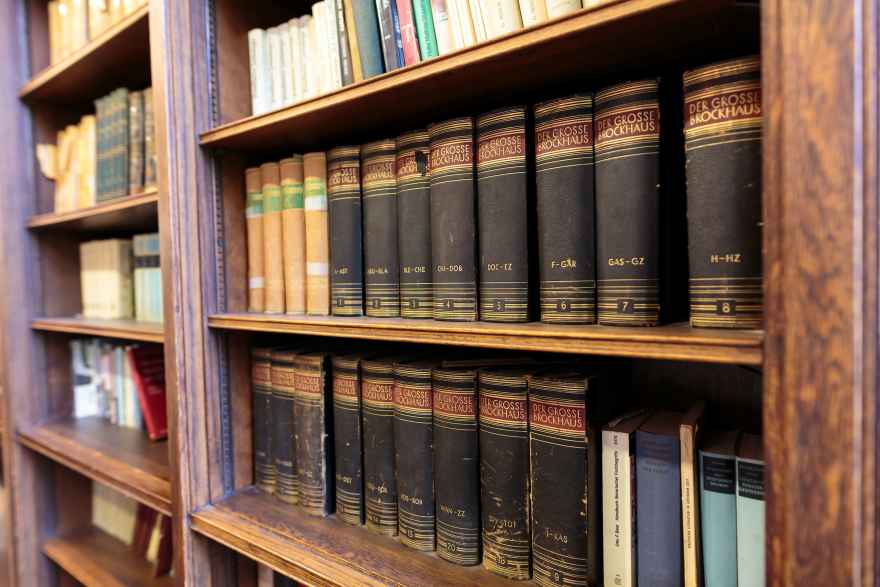Summer Reading Recommendations from UChicago Faculty

The following was published in UChicago News on July 7, 2022.
Long summer days can offer the perfect opportunity to try a new book. Whether you’re hoping to learn more about the world around us—or trying to dive into a fictional one—University of Chicago faculty members have a recommendation for you.
Below, some of the 2022 winners of UChicago’s annual Quantrell and Graduate Teaching Awards share some of the books they’ve enjoyed reading.
Countdown: Our Last, Best Hope for a Future on Earth? by Alan Weisman
Recommended by biochemist Chuan He
“This book, recommended to me by my colleague Prof. Marvin Makinen, is a good read to remind us of the impact of humans on Earth and the importance of preserving resources. Our resources are not unlimited; someday we will run out of them. I personally found it quite interesting. This is relevant to some of the newest work in my lab, which addresses sustainability and climate change and even food insecurity.”
The Brutish Museums: The Benin Bronzes, Colonial Violence and Cultural Restitution by Dan Hicks
Recommended independently by literary scholar Julie Orlemanski and art historian Megan Sullivan
“This book, by the curator of an anthropological museum, is a gripping mixture of genres: historiography of colonial violence, forensic investigation of art provenance, theories of periodization and collection, and a direct call to action. Not only does Hicks make an urgent case for the restitution of looted objects, but his book changed the way I think about premodernity as a category that's ongoingly, materially, created. Galvanizing read.” —Julie Orlemanski
“This book, part revisionist history of British colonialism, part call to action, gets to the heart of the entanglement of imperialist violence and the formation of celebrated museum collections across Europe and the United States. If Hicks is most interested in speaking to curators and museum professionals, his book will also change the way even casual museumgoers understand these institutions.” —Megan Sullivan
Jaws: A Novel by Peter Benchley
Recommended by cell biologist David Kovar
“I almost always come to the simple conclusion that a movie just isn’t nearly as good as the book. One of my favorite movies of all time is the Steven Spielberg classic Jaws, which I have viewed countless times. A few years back my wife and I decided to read the New York Times bestseller the movie was based on. You should come to your own conclusion about which is better, but we found it fascinating to think about how the book was turned into such a suspenseful movie and what particular aspects/details were included or left out.”
Whereabouts by Jhumpa Lahiri
Recommended by literary scholar Josephine McDonagh
“Jhumpa Lahiri’s recent novel is, in its spareness, totally absorbing. She wrote it in Italian, and later translated it herself to English. It deals with questions of place and abandonment, and what it means to live alone and with others with subtlety and surprising optimism.”
A Place of Greater Safety by Hilary Mantel
Recommended by historian Johanna Ransmeier
“For an imaginative speculation about the complicated inner lives and political maneuvering of idealistic young activists during the French Revolution, I loved Hilary Mantel’s A Place of Greater Safety. Like her acclaimed books on Thomas Cromwell, this is an example of the craft of research combined with creativity—but she wrote it many years earlier.”
The Last Man Who Knew Everything: The Life and Times of Enrico Fermi, Father of the Nuclear Age by David Schwartz
Recommended by physicist Dave Schmitz
“Anyone who’s interested in the University of Chicago and science would be fascinated by Fermi’s tale. Decades after he died, he still has an impact here: I work with people who were hired by people who were hired by Fermi. There’s a lot of lore around here about both Fermi’s genius as a scientist and his excellence as a teacher. When this came out, it was a no-brainer to dive right in and learn more about his life.”
Uncommon Sense by Gary Becker and Richard Posner
Recommended by economist Victor O. Lima
“This book is a compendium of blog posts in which the two authors debate, using basic price theoretic tools, important public policy themes that include education, terrorism, the structure of the family, and political economy among others. These short vignettes provide great conversation topics since they look at fundamental questions from multiple angles.”
